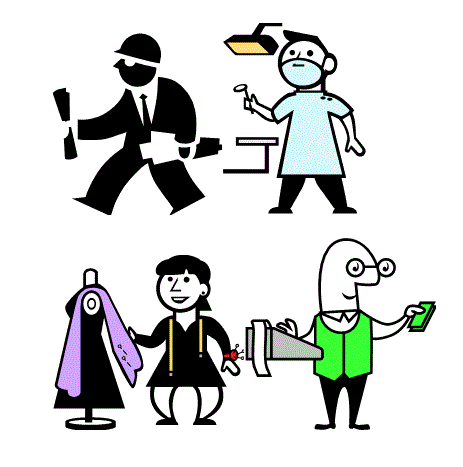Reading resources
I’ve managed to catch up on some newsletter and blog reading in the last few days so I thought I’d share some of the more interesting ones so you can benefit from them, too.
All related to business today, some back-end details (like blog security) and some customer related issues, but all worth a read. In order that I think of them…
How to do yourself out of a thousand bucks – the ethics of business
Social media, trade secrets and why you shouldn’t give a rip about the competition – great message and enjoy the graphic too!
Why perfect is the only acceptable business measure
5 easy tasks to outsource as you grow your business
how to keep your WordPress blog secure
Working at home blog carnival – in particular, I liked the included posts by Eldon and Blogging your passion (and my own of course!)
Preparing business for difficult times
Happy reading! If you have any comments on these posts, I’d love to hear them…



Recent Comments